Recognizing the "signs of stress in cats" is crucial for pet owners to ensure the well-being and happiness of their feline companions. Stress in cats can be caused by a variety of factors ranging from environmental changes, such as moving to a new home, to more subtle triggers like alterations in the household routine or the introduction of new pets. Being able to identify these signs early can help in taking appropriate steps to alleviate their stress and improve their quality of life. Here are some common signs of stress in cats and the reasons behind each:
1. Changes in Litter Box Usage
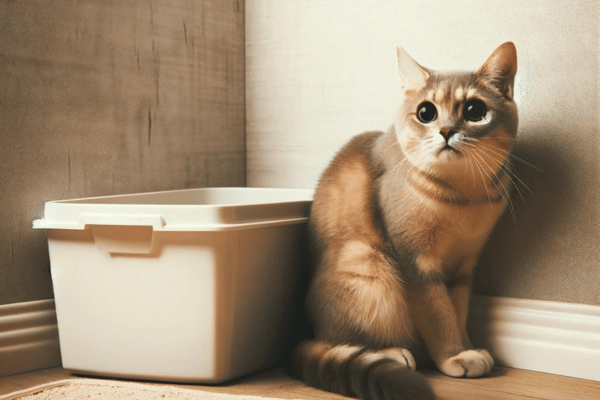
One of the most noticeable signs of stress in cats is changes in their litter box habits. This might include avoiding the litter box, urinating or defecating outside the box, or even changes in the frequency of litter box use. Stress can make a cat feel vulnerable, and they might start to associate the litter box with that vulnerability, especially if it's in a location where they don't feel safe.
2. Excessive Grooming

Cats are known for their grooming habits, but excessive grooming to the point of hair loss or creating bald spots is a clear sign of stress. This behavior is a self-soothing mechanism, where the repetitive action of grooming helps to calm their nerves, similar to how humans might bite their nails or fidget when anxious.
3. Hiding More Than Usual
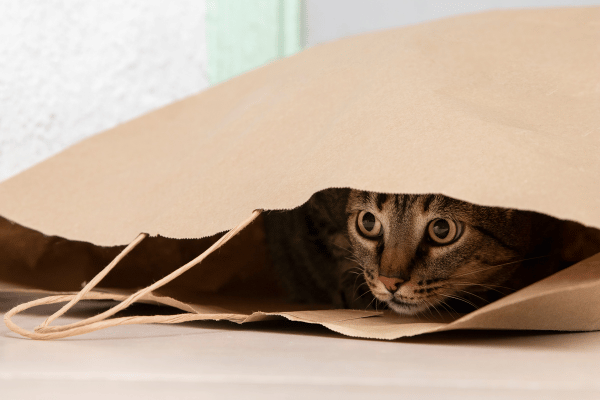
Cats naturally seek out quiet and safe spaces, but when a cat is hiding more than usual or for extended periods, it's a sign they are feeling stressed. Hiding provides a sense of security from whatever is causing them distress, whether it's loud noises, unfamiliar people, or other pets.
4. Changes in Eating Habits
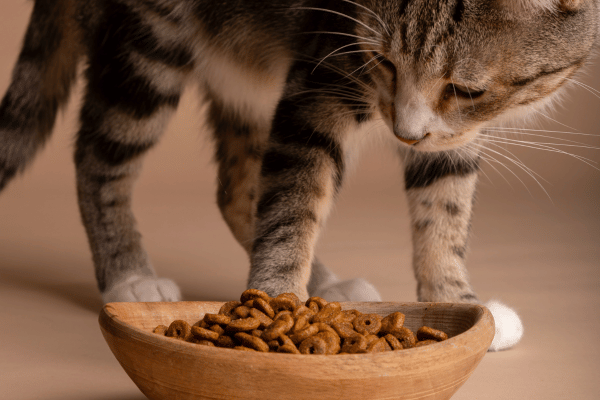
Alterations in appetite, whether it's a decreased interest in food or overeating, can also indicate stress in cats. Stress can disrupt their normal eating patterns, leading to potential weight loss or gain. This change can also affect their overall health and well-being.
5. Increased Aggression or Fear

A stressed cat may exhibit increased aggression towards humans or other animals. This aggression can stem from a desire to protect themselves from perceived threats. Similarly, a normally confident cat becoming more skittish or fearful can be a sign of underlying stress.
6. Vocalization Changes
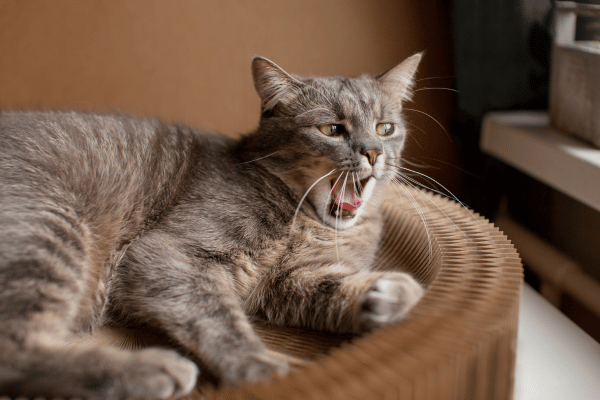
An increase in meowing, growling, or hissing beyond a cat's typical behavior can be a sign of stress. These vocalizations are a way for cats to communicate discomfort or anxiety regarding their surroundings or situations they're facing.
7. Decreased Activity Levels
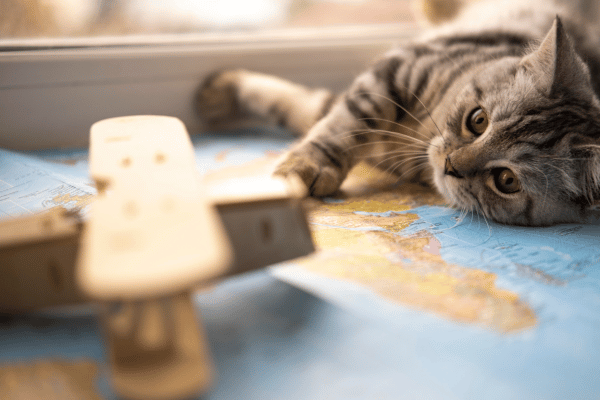
A noticeable decrease in playfulness or activity can be a sign of stress in cats. They may lose interest in toys or activities they previously enjoyed, indicating they are dealing with stress or anxiety.
8. Physical Health Issues
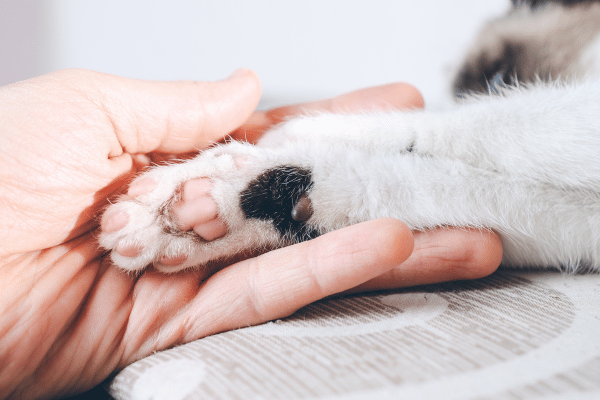
Physical symptoms such as diarrhea, vomiting, or unexplained weight changes can also be signs of stress in cats. Stress can have a significant impact on their physical health, leading to or exacerbating medical conditions.
9. Over-attachment or Clinginess
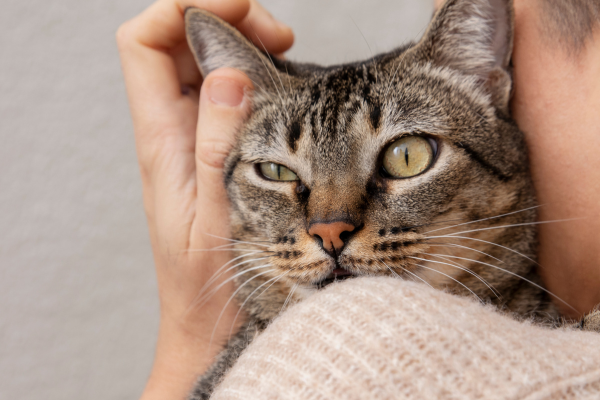
While some cats respond to stress by withdrawing, others may become overly attached or clingy towards their owners. This behavior indicates that they are seeking comfort and reassurance due to feeling stressed.
Understanding and addressing the signs of stress in cats is vital for their health and happiness. By providing a stable environment, regular routines, and plenty of love and attention, you can help mitigate stress in your cat's life. If you notice persistent signs of stress, it's always a good idea to consult with a veterinarian to rule out any underlying health issues and discuss strategies for stress reduction.





